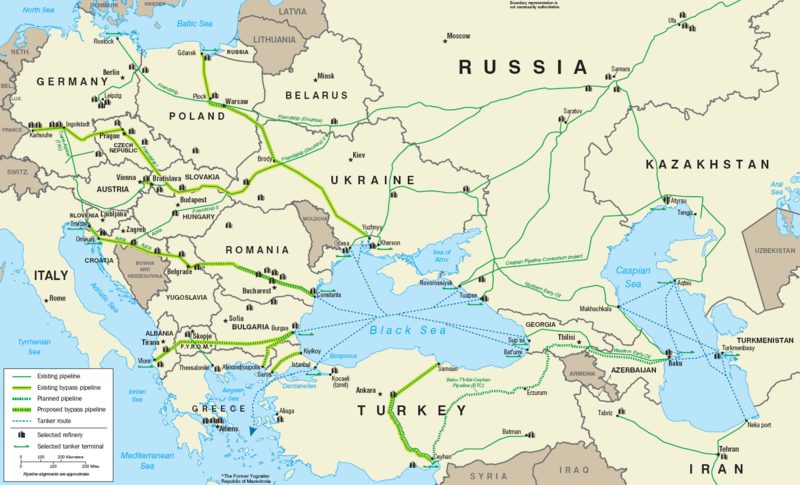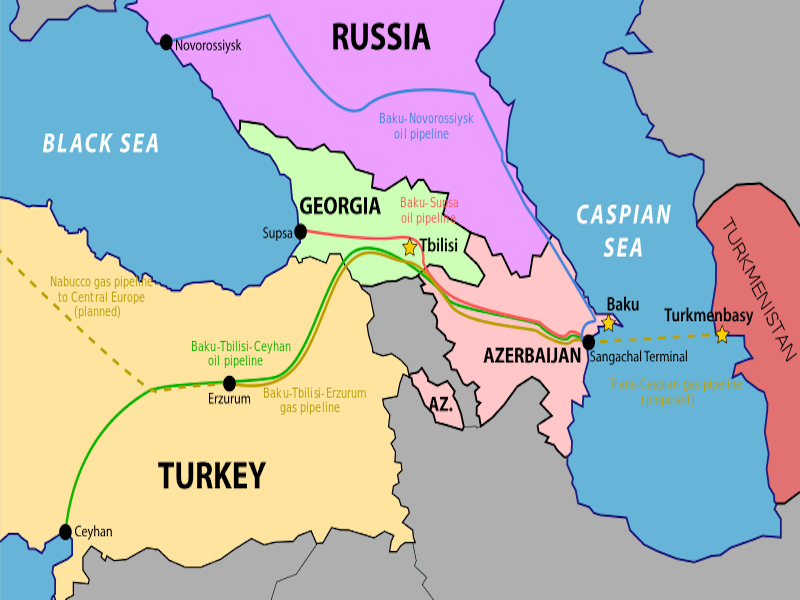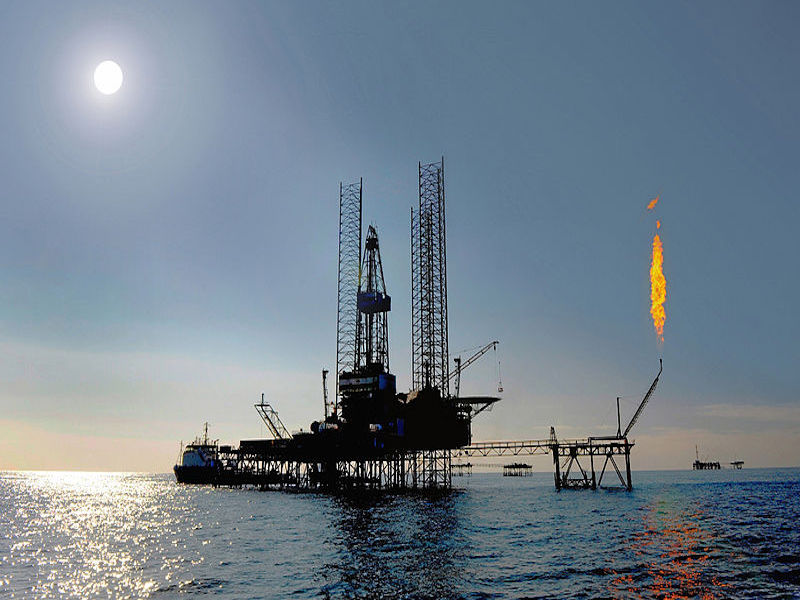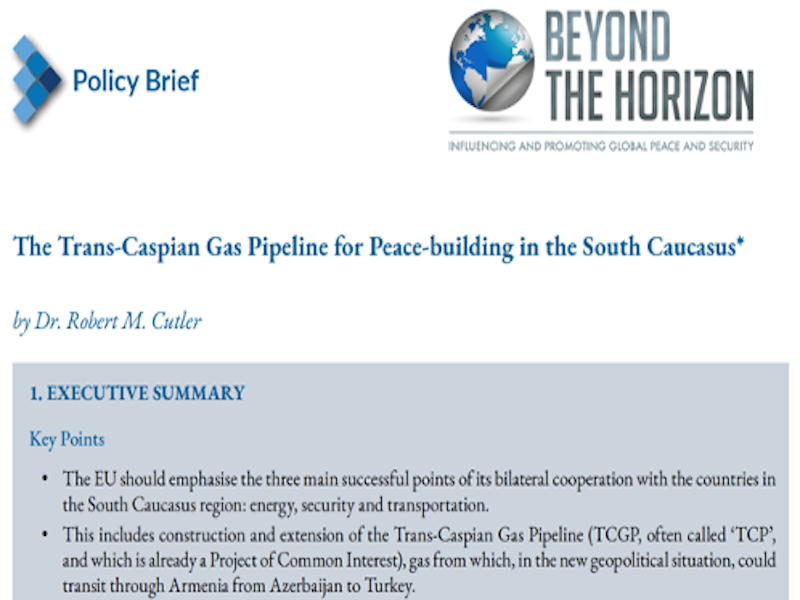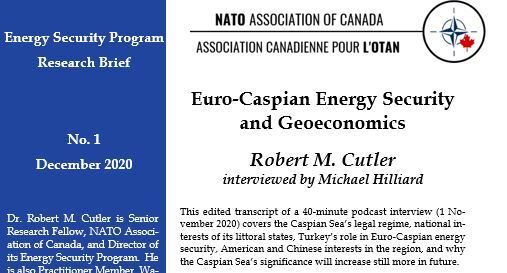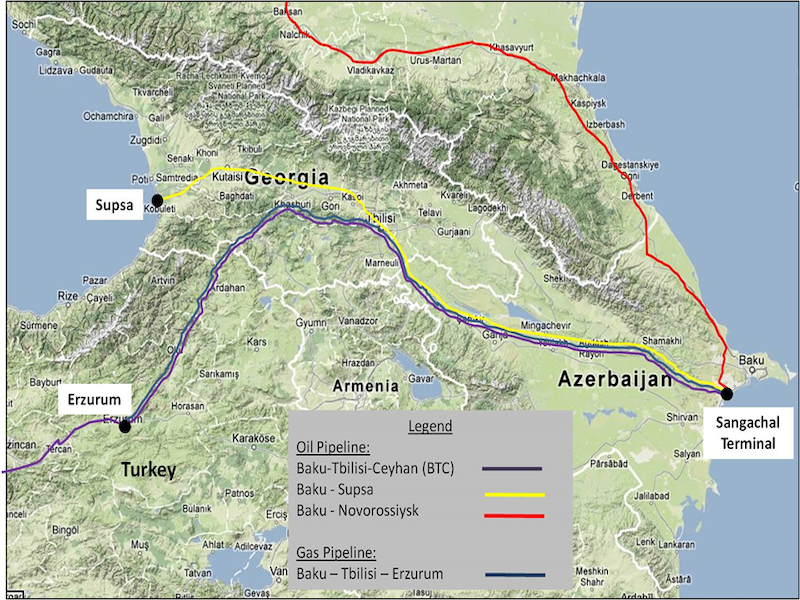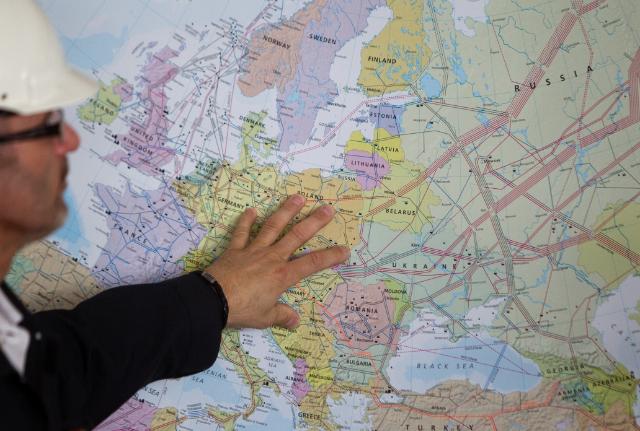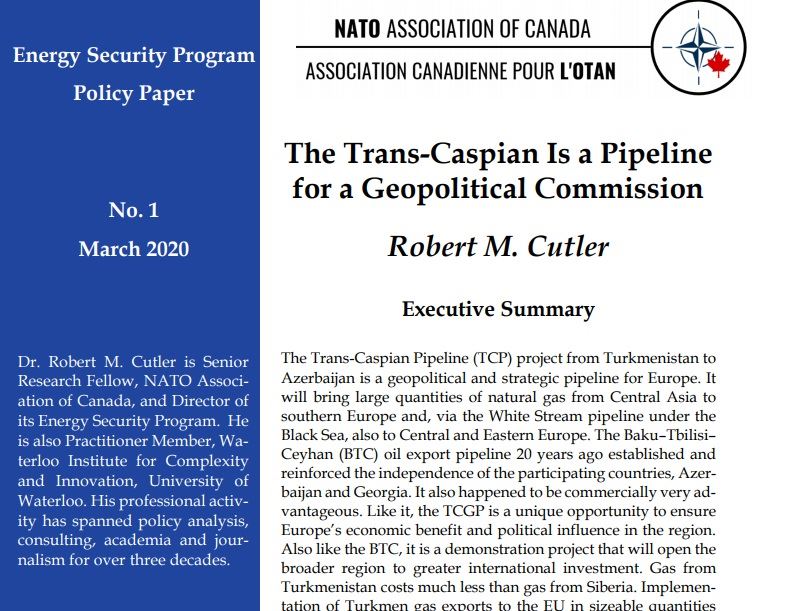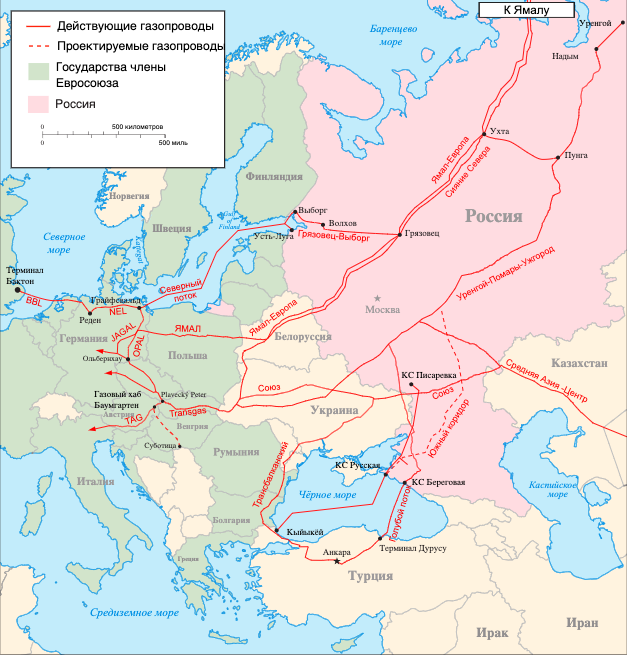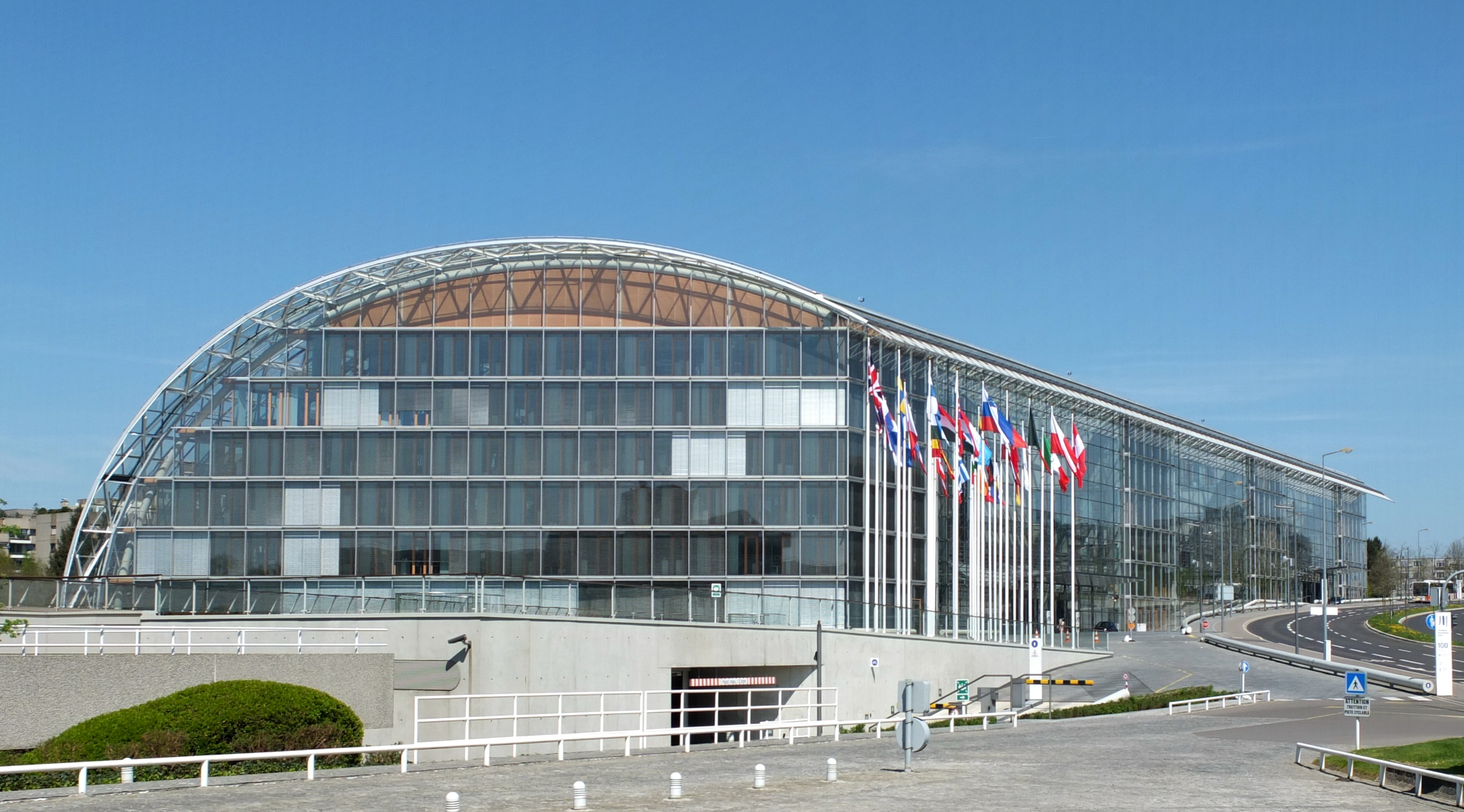The EU’s Energy Commissioner Kadri Simson will personally attend the annual interministerial meeting of the Advisory Council on the Southern Gas Corridor in Baku on February 4. She announced this, following a meeting of EU energy ministers in Amiens (France), where they discussed market uncertainties due to Russia’s decrease of flows to Europe and its Read More…
Author: Robert M. Cutler
South Caucasus Gas Transport and European Energy Security
Last summer, before the Second Karabakh War broke out between Armenia and Azerbaijan in autumn, the Turkish company BOTAS opened a tender to construct a gas pipeline from Igdir into the Azerbaijani exclave of Nakhchivan, which is surrounded by Armenia and Iran but has a short border with Turkey. Nakhchivan has relied principally on gas Read More…
Azerbaijan and Turkmenistan Eye Gas Exports to Europe
In this Article Dr. Robert M Cutler, examines the implications for Europe’s energy security of the recently agreement between Azerbaijan and Turkmenistan to co-develop the Dostluk hydrocarbon field in the Caspian Sea.
Le Gazoduc Transcaspien Pour la Consolidation de la Paix Dans le Caucase du Sud
Le Directeur du Programme de Sécurité énergétique Dr. Robert M. Cutler a participé le 2 février à la Conférence annuelle « Voisinages » organisée par l’Institut d’études européennes de l’Université Saint-Louis – Bruxelles, qui porte cette année le titre : Quid de l’après Covid 19 pour la relation entre l’UE et ses voisinages : compagnonnage renouvelé ou proximité Read More…
Euro-Caspian Energy Security and Geoeconomics
This edited transcript of a 40-minute podcast interview (1 November 2020) covers the Caspian Sea’s legal regime, national interests of its littoral states, Turkey’s role in Euro-Caspian energy security, American and Chinese interests in the region, and why the Caspian Sea’s significance will increase still more in future.
Where does energy fit in the new military clashes with Armenia?
An analytical commentary by Robert M. Cutler, Director of the Energy Security Program, titled “Where does energy fit in the new military clashes with Armenia?“, was published on 28 July 2020 by the independent News.Az Online News Agency As is well known by now, in mid-July new military hostilities erupted between Azerbaijan and Armenia. They Read More…
Euro-Caspian Energy Relations in the Post-COVID World
On 11 June 2020, Dr. Robert M. Cutler, Director of the Energy Security Program, spoke to a webinar “Energy Issues in the Post-Covid World”, organized by the Center for Analysis of International Relations, Baku, Azerbaijan. This is a transcript of his remarks.
The Trans-Caspian Is a Pipeline for a Geopolitical Commission
The Trans-Caspian Pipeline (TCP) project from Turkmenistan to Azerbaijan is a geopolitical and strategic pipeline for Europe. It will bring large quantities of natural gas from Central Asia to southern Europe and, via the White Stream pipeline under the Black Sea, also […]
U.S. Passes New Geopolitical Energy Legislation
In the rush of activity at the end of last year, in preparation for adjournment, the U.S. Congress approved and President Donald Trump signed legislation including provisions for American foreign economic policy, and energy policy in particular. The one that has got perhaps more attention was the Eastern Mediterranean Security and Energy Partnership Act of Read More…
European Investment Bank Shifts Policy
In mid-November, the European Investment Bank (EIB) decided on five new rules to guide its energy lending policy: priority to energy efficiency, enabling energy “decarbonization”, increased finance for decentralized energy production, increased finance for “intermittent” energy sources such as wind and solar, and supporting “energy transformation” outside the EU. The Bank will cease lending in Read More…

